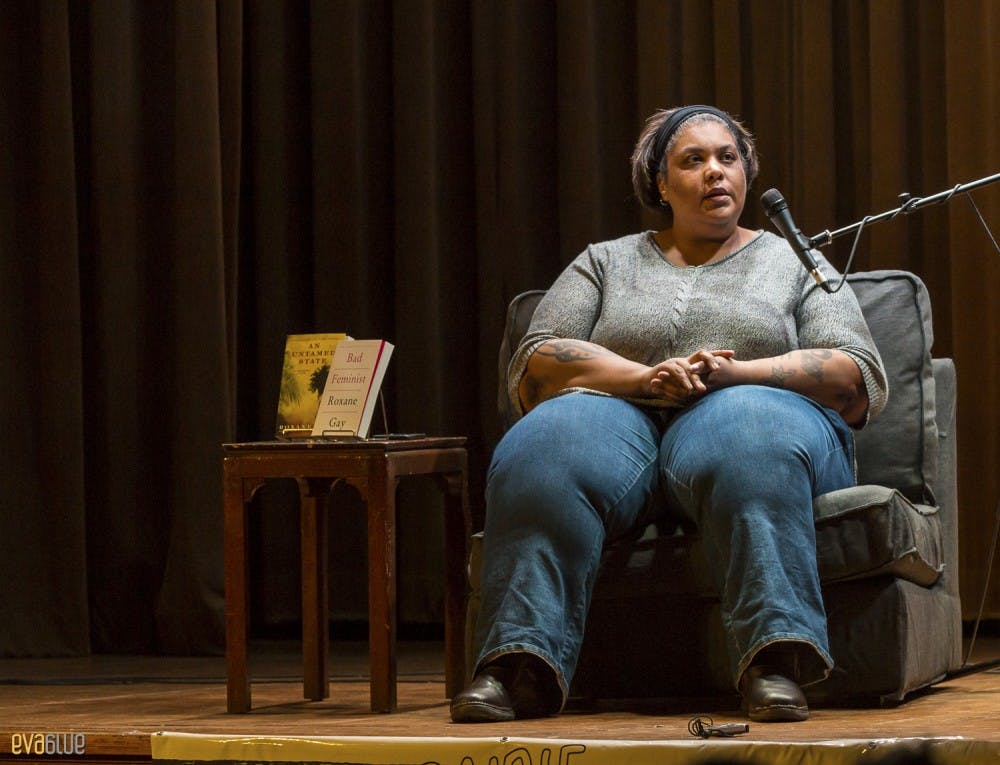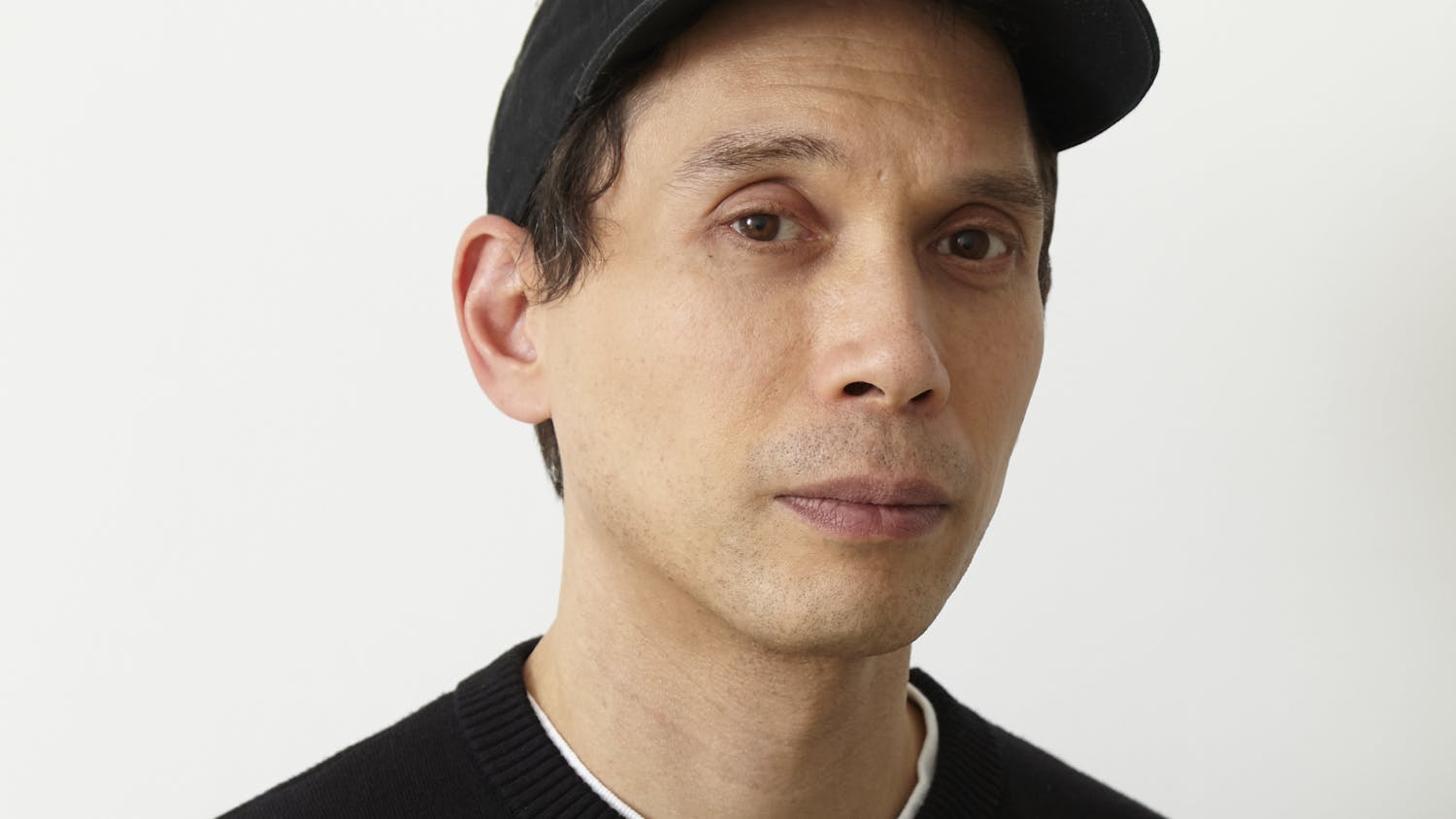Roxane Gay is full of contradictions. In her memoir Hunger: A Memoir of (My) Body, she writes about the abundance of weight–loss reality TV shows. “I hate these shows, but clearly I watch them,” she writes. “I watch these shows because even though I know how damaging and unrealistic they are, part of me still yearns for the salvation they promise.”
Gay is a fat woman, and she has been most of her life.
When Gay looks back at her experiences, it’s not a detached wisdom. She isn’t dispensing advice from some peaceful, self–actualized state. We expect memoirs of the body to fit into one of two categories: a triumphant story about the trials of weight loss but ultimate achievement of some acceptable–sized body, or a defiant “fuck you societal standards!” tell–all. But Hunger is neither of these things. It’s not a memoir of success or acceptance, but instead a memoir of a problem in limbo—a problem recognized but unsolved, if fixing the problem is even a goal, if it’s even a problem at all.
Gay calls her body “unruly,” as if it’s a being apart from her self. In a way, all of our bodies are like this—a visible representation we didn’t choose, that we have to live with forever. But for Gay, the problem is magnified. She’s a public figure, both as an intellectual who makes guest appearances on The Daily Show, and an overweight woman who is inevitably more visible than everyone else. Hunger is thus another contradiction: the private story of a public person, the private history of a public body.
Her body is also the external embodiment of trauma. In a series of vignettes, Gay recounts the story of how she was gang–raped as a child. The account is told in simple terms. It feels like a loss of innocence and autonomy, a trigger for both losing control and desiring it. Gay writes, “I ate and I ate in the hopes that if I made myself big, my body would be safe. I buried the girl I had been because she ran into all kinds of trouble.”
Hunger is divided into essays, mini vignettes, and rants. It feels like when my high school friends text me, “Can you talk? I need to rant,” about their roommates, or that boy, or their parents. It feels like this, but Gay is so specific, so aware of the nuance of contradiction and self–analysis and self–consciousness.
Gay is alternatively lighthearted and serious. Over the course of a single chapter, she can talk about her love for Ina Garten and then about her profound hardships. She hates the way we think about weight—“that self worth and happiness are inextricably linked to thinness”—but admits that she sometimes falls for it, too.
It’s strange to read that the people we admire are so flawed. We think they’re not supposed to be so unflinchingly honest, to articulate their hatred for their body, to admit weakness so publicly. We expect a happy ending. But Hunger is a testimony of struggle, not triumph—so instead of a happy ending, we get the truth.







